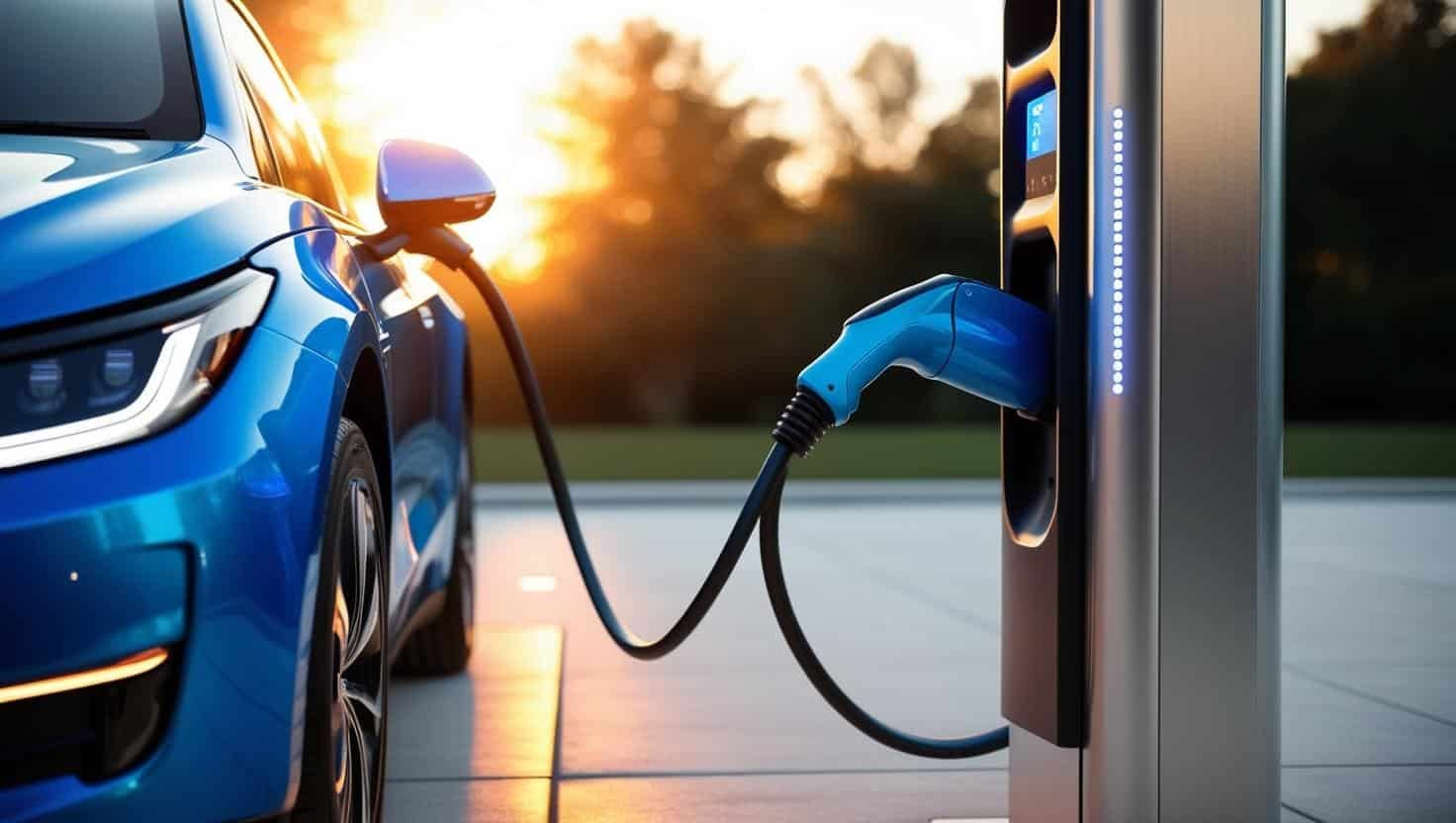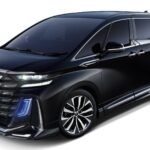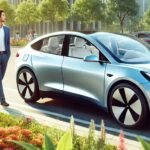One of the major shifts of the last few years has been the worldwide effort to be more environmentally conscious and sustainable which has resulted in hybrid cars becoming the most innovative of the automotive industry. Forget what you knew about conventional internal combustion engines and pure electric power, hybrids have changed the entire transportation landscape with their combination of the two technologies. This article will review hybrid vehicles, the ups, the downs and the reasoning way of the next jump towards sustainable transportation solutions.
What Are Hybrid Cars?
A hybrid car is a vehicle that uses a combination of two different types of power sources to keep the car moving. Most commonly, one is an engine that runs on gasoline or diesel, and the other is an electric motor that gets its power from a battery. The adoption of these solutions, hybrids bring in the benefits of energy-saving, pollution control, and even the growth of their abilities.
Types of Hybrid Cars
Parallel Hibrids: These denote the most widely spread variety of hybrid. In a parallel hybrid, the electric motor and the internal combustion engine collaborate for the production of the movement needs of the vehicle. A few representative models are Toyota Prius and Honda Insight.
Series Hybrids: Here, the electric motor is the only power source for the wheels, while the combustion engine acts as a generator for battery recharge. The BMW i3 with range extender is a good illustration.
Plug-in Hybrid (PHEVs): This hybrid has one big battery whose capacity might be restored only through a network connection. Hence, a plug-in hybrid, like Mitsubishi Outlander PHEV, is capable of running entirely on battery power for an extended range.
Benefits of Hybrid Cars
Enhanced Fuel Efficiency: Operating a hybrid vehicle leads to savings on fuel consumption which promotes both environment and user wallet-friendliness.
Eco-friendlier Emission: As hybrids are partly powered by electricity, the emission of carbon dioxide and other harmful gases is considerably reduced.
Energy can be shared with the metal-hybrid car’s battery through braking method (Regenerative Braking), so energy is saved from the entire operation system.
Quiet and Smooth Operation: Electric cars contribute less noise to the environment thus quiet driving becomes one of the merits especially in stop-and-go traffic.
Challenges and Considerations
The first hard to notice of hybrid technology is that it usually costs several thousands of dollars more than a traditional car, mainly by including advanced technology and battery systems.
Battery Longevity: For years, the life span of hybrid batteries is fairly long but replacement cost can be quite expensive.
As for plug-in hybrids, easy access to power points would facilitate the situation in which they would slowly run out of electricity, however, most regions struggle in this infrastructure area.
The Role of Hybrid Cars in Sustainability
Hybrid vehicles help to lessen the negative impact of automobile technologies based on the fossil fuel caused problems. The use of hybrids makes for a smooth transition to the EV world, plus this trend is essential for the future of the planet.
Popular Hybrid Models to Consider
Toyota Prius: The first hybrid car technology implementer, praised for its functionality and cost-effectiveness.
Honda CR-V Hybrid: A big car but still very economical by offering the best of power and fuel savings.
Ford Escape Hybrid: A perfect setup to merge everyday-user practicality and the impressive advanced hybrid-tech.
Hyundai Ioniq: A multi-functional vehicle that comes in three variants, hybrid, plug-in hybrid, and purely electric to satisfy different needs.
Conclusion
Hybrid cars are, in fact, the giant leap toward a green future of the ultimate problem of transportation. The answer is to mix both conventional and electric powertrains which they do offer a practical way of the environmental impact being minimized and still the demands of modern drivers being met. Their emergence and continuous improvement will never make the role of EVs obsolete, rather will they become successive complements in the ongoing revolution of mobility.
Be a part of the discretionary improvement movement going green and thus, towards a better tomorrow!



